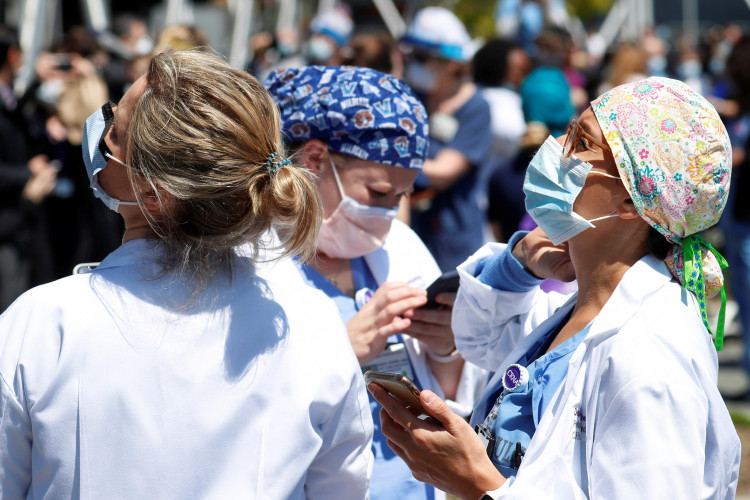In a move that could significantly disrupt the healthcare landscape, over 75,000 Kaiser Permanente employees across the U.S. are poised to strike. This action, which is slated to last three days in most locations, comes in response to what union representatives describe as unfair labor practices and deteriorating working conditions exacerbated by the COVID-19 pandemic.
The Coalition of Kaiser Permanente Unions, representing more than 85,000 workers, has been in negotiations with the healthcare giant since April. However, the two parties have yet to reach an agreement, with the contract expiring on September 30. The union alleges that Kaiser's bargaining tactics have led to unsafe staffing levels, resulting in prolonged wait times, patient neglect, and missed diagnoses. Moreover, the Coalition is pushing for improved medical plans for retirees and protections against outsourced and subcontracted work.
Debru Carthan, a lead radiologic technologist at Kaiser Permanente Modesto, highlighted the strain on healthcare professionals. She noted that many are performing tasks typically handled by two or three individuals, compromising the quality of patient care. Carthan cited the example of mammograms, where the time allocated per procedure has been nearly halved due to staffing shortages. This has led to an increased workload and, in her view, a decline in the standard of care provided.
The Coalition has also raised concerns about Kaiser's financial practices. Despite its nonprofit status, Kaiser reported profits exceeding $24 billion over the past five years, with a staggering $3 billion in the first half of this year alone.
Kaiser Permanente, on the other hand, contends that the strike is neither inevitable nor justified. They emphasize their leadership in total compensation in every market they operate in and tout the benefits they offer, including special provisions during the pandemic for child care, housing, and sick leave. The company has also highlighted its wage increase proposal, which spans four years and includes a minimum wage of $21 in several states and $23 in California.
Addressing the staffing concerns, Kaiser revealed that it has hired over 50,000 frontline employees in the past two years and is on track to hire 10,000 new employees represented by the Coalition by the end of October. They also assured that their hospitals and emergency departments would remain operational, with plans in place to manage patient care during the strike.
However, the looming strike has already caused apprehension among patients. Some have reported difficulties in scheduling procedures, attributing the disruptions to the anticipated strike. Kaiser has acknowledged that non-emergency and elective procedures might be rescheduled in certain locations as a precautionary measure.
As negotiations continue, the potential strike underscores the broader challenges facing the U.S. healthcare system, particularly in the wake of the pandemic. With both sides entrenched in their positions, the coming days will be crucial in determining the path forward for one of the nation's largest healthcare providers and its workforce.




